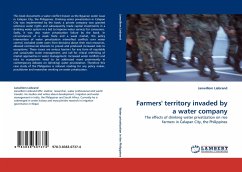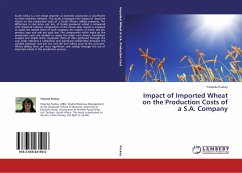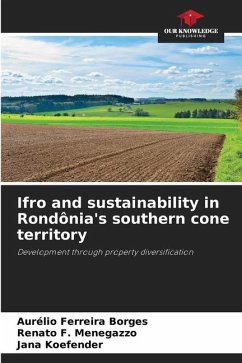
Farmers'' territory invaded by a water company
The effects of drinking water privatization on rice farmers in Calapan City, the Philippines
Versandkostenfrei!
Versandfertig in 6-10 Tagen
52,99 €
inkl. MwSt.

PAYBACK Punkte
26 °P sammeln!
This book documents a water conflict known as the Bayanan water issue in Calapan City, the Philippines. Drinking water privatization in Calapan City was implemented by the book; a private company was granted extensive water rights and subsequently made capital investments in a drinking water system in a bid to improve water services for consumers. Sadly, it was also water privatization failure by the book. In circumstances of a weak State and a weak market, the policy intervention of water privatization intensified conflicts over water control, excluded water users from decisions about their o...
This book documents a water conflict known as the Bayanan water issue in Calapan City, the Philippines. Drinking water privatization in Calapan City was implemented by the book; a private company was granted extensive water rights and subsequently made capital investments in a drinking water system in a bid to improve water services for consumers. Sadly, it was also water privatization failure by the book. In circumstances of a weak State and a weak market, the policy intervention of water privatization intensified conflicts over water control, excluded water users from decisions about their own resources, allowed commercial interests to prevail and produced increased risks to ecosystems. These issues are serious barriers for any form of equitable and sustainable water management, and call for critical rethinking of market approaches in water management. Increased water conflicts and risks to ecosystems need to be addressed more prominently in contemporary debates on (drinking) water privatization. Therefore this case study of the Philippines is relevant reading for any policy maker, practitioner and researcher working on water privatization.












